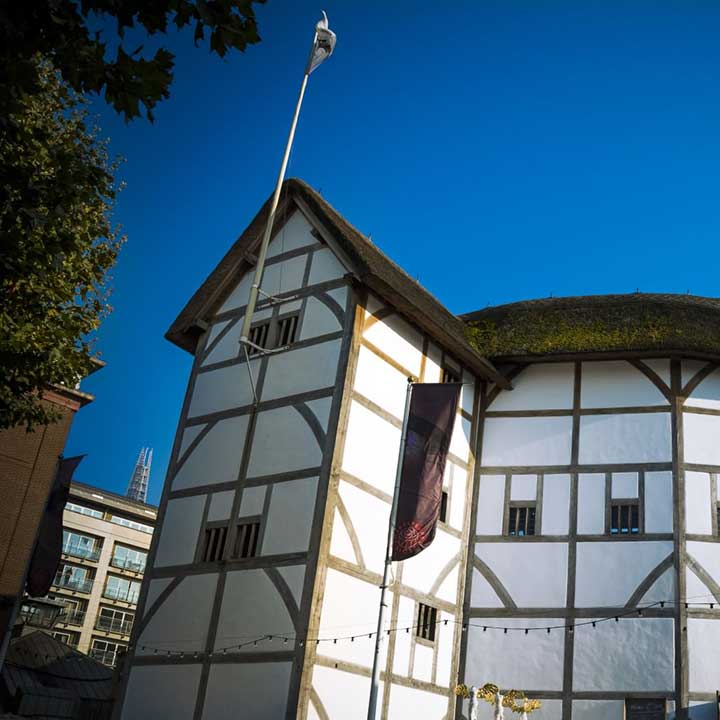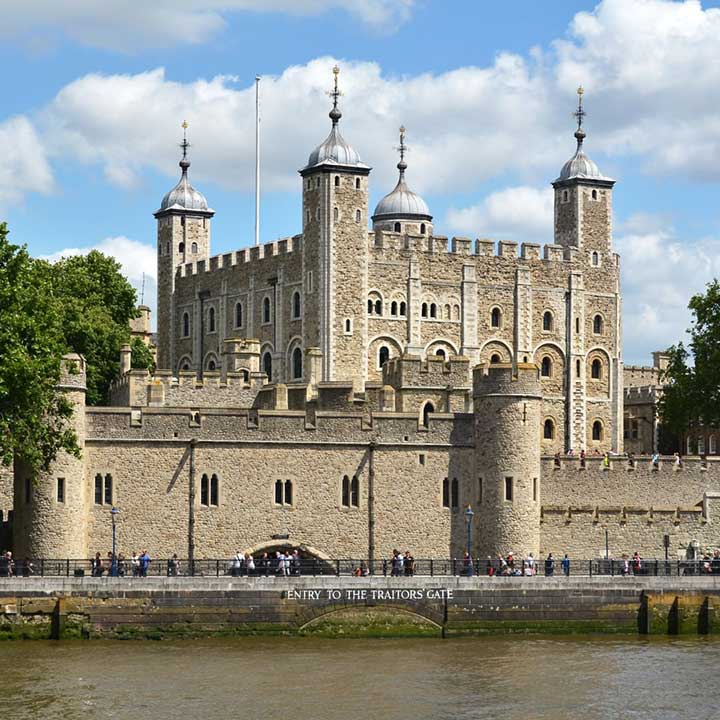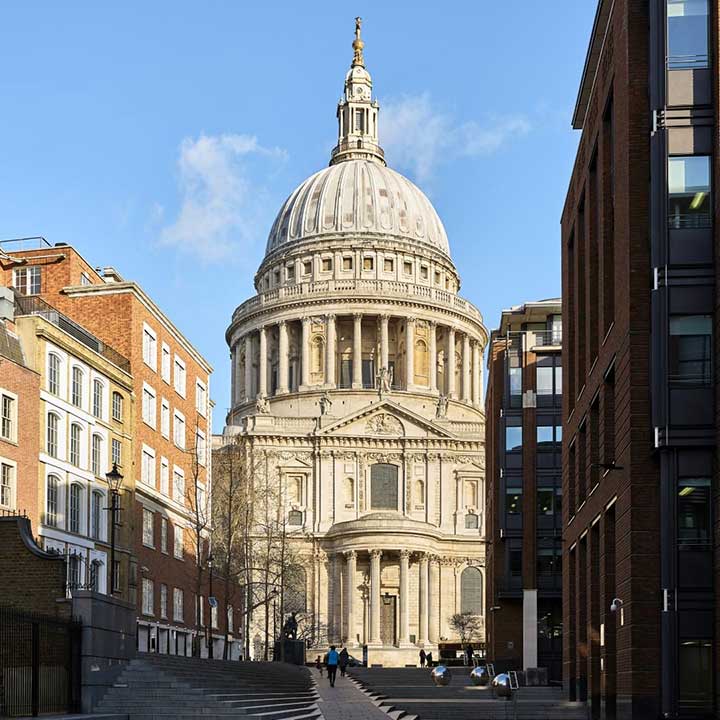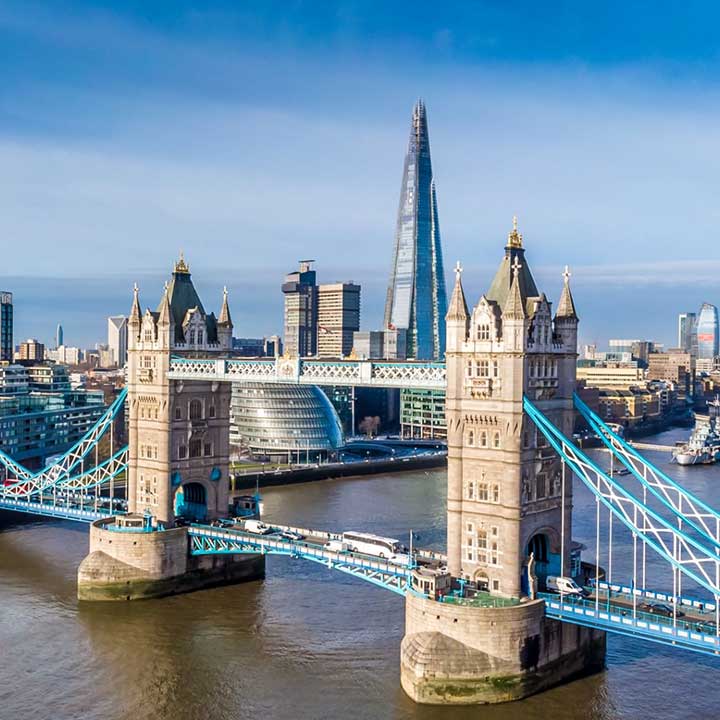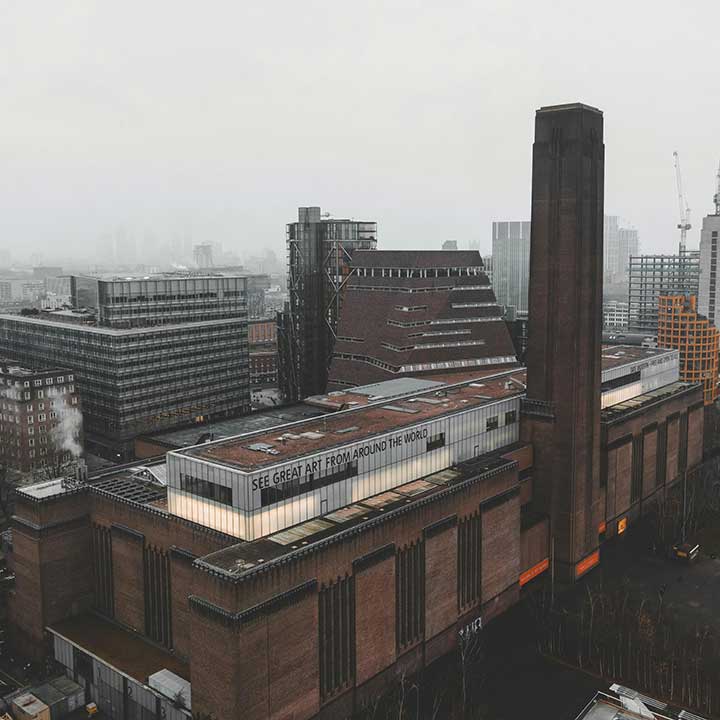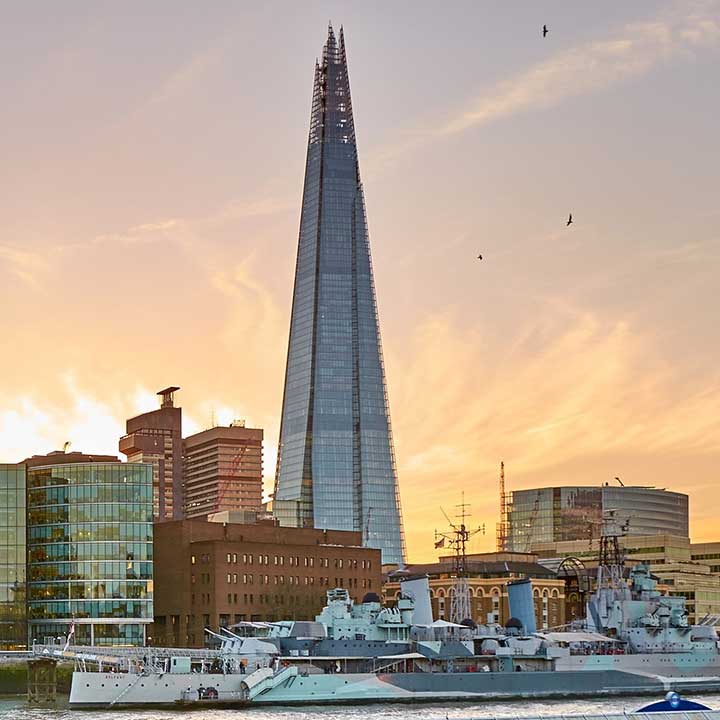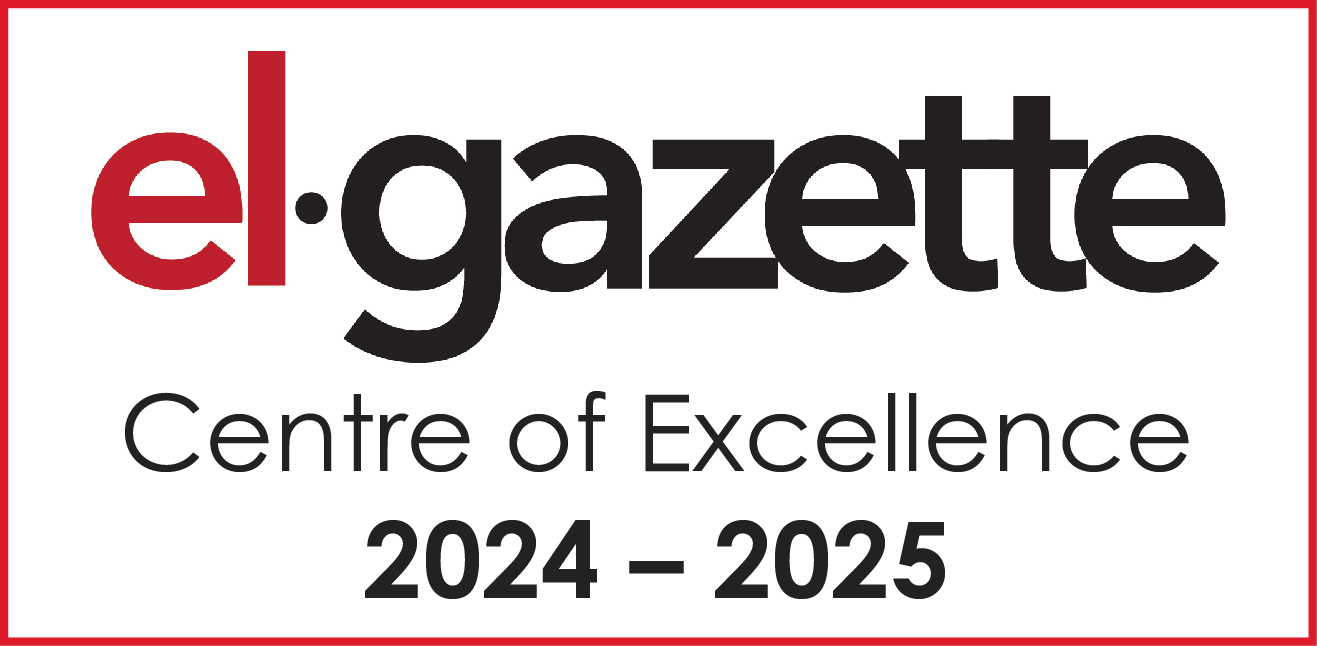Welcome to the Kensington Academy of English!
Jump directly to the relevant section using the links below.
If you would like more information that isn’t covered here, then please contact us; we’re happy to help.
Your First Week
On your first day you will need to bring your passport. You can apply for a student photocard through TFL for discounts on public transport travel if you are studying for more than 14 weeks. If you would like to apply ask the Admissions & Welfare Officer in A207 and we will help you submit your application.
Placement Test
A member of our enrolments team will ask you to complete an online placement test before you arrive and you will then complete testing on the first day with the academic team. These tests covers grammar, vocabulary, listening and speaking skills, so it allows us to find out about your language ability so we can place you in a suitable class.
Your First Class
Your first class will give your an opportunity to start speaking English and get to know your teacher and your classmates. You will be given homework every day to help you remember what you have studied and to prepare you for the next day’s lesson.
Welcome Meeting
We will invite you to a welcome meeting, where you can find out more about the school and will be given a ‘welcome pack’, our Students’ Handbook, a guide to social events and more. Your first lesson will be a great opportunity to get to know your teachers and classmates.
Visas & Immigration
Before you arrive in London, there are some options to consider. If you are a European Economic Area (EEA) national, and you are staying in the UK for less than 6 months, you will not require a visa to study in the UK. If you are not sure if you need a visa please check at: https://www.gov.uk/check-uk-visa
If you do require a visa, to apply for one you will need to show:
- you have enrolled on a course for a minimum of 15 hours a week;
- a letter from the College to confirm that you have booked a place;
- details of your accommodation in London;
- you have enough money to pay for your studies and to support yourself while you are here.
If you are not clear about any of the visa requirements for your country then you can speak to your local British embassy or you can also check though the UK Visa website (https://www.gov.uk/apply-uk-visa) for more information.
Insurance
We strongly advise all students to organise their own travel and medical insurance before they arrive in London. Even if your European Health Insurance Card (EHIC) is still valid it is not a replacement for travel insurance.
Weather
The weather in Britain is very changeable, so whatever time of year you are here it is sensible to bring a variety of clothes.
Check the weather in London this week at www.bbc.co.uk/weather and www.metoffice.gov.uk
In the Winter, from December to February, it is very cold so you should bring warm clothes, including a hat and scarf.
Between March and May, Spring, average temperatures are 10 to 15˚C and there might be rain.
From June to August, Summer, temperatures are usually around 17 to 21˚C, though there may be some days where they exceed 30˚C. As well as your summer wardrobe, you may need some light outerwear during these months.
In Autumn, from September to November, the weather is likely to be similar to March and April.
Student Welfare
Kensington Academy is fully committed to safeguarding and promoting the welfare of young people. Our students are treated like adults and are expected to look after themselves, but we realise the experience of living and studying independently in another country can be challenging.
We aim to provide plenty of support. All new students are asked for initial feedback in their first week, to make sure the course they are enrolled on meets their requirements and so they can alert us to any immediate concerns.
Our Welfare Officer, Accommodation Officer, Social Programme Organiser and Director of Studies will be on hand for advice, plus we provide a 24-hour school helpline for emergencies.
We want to make sure that your stay in London is as comfortable, enjoyable and productive as possible.
Travelling in London
While you are in London it is worth applying for an Oyster Card – a travel card you top up with credit when you want to travel. Oyster Card journeys are the cheapest way to travel on public transport in London. They store up to £90 of travel credit and this can be used on the London Underground, buses, trams, London Overground, Docklands Light Railway (DLR) and some National Rail services. If you are studying full time for more than 14 weeks you may qualify for a discounted travel card. Please ask in the Reception for more information.


